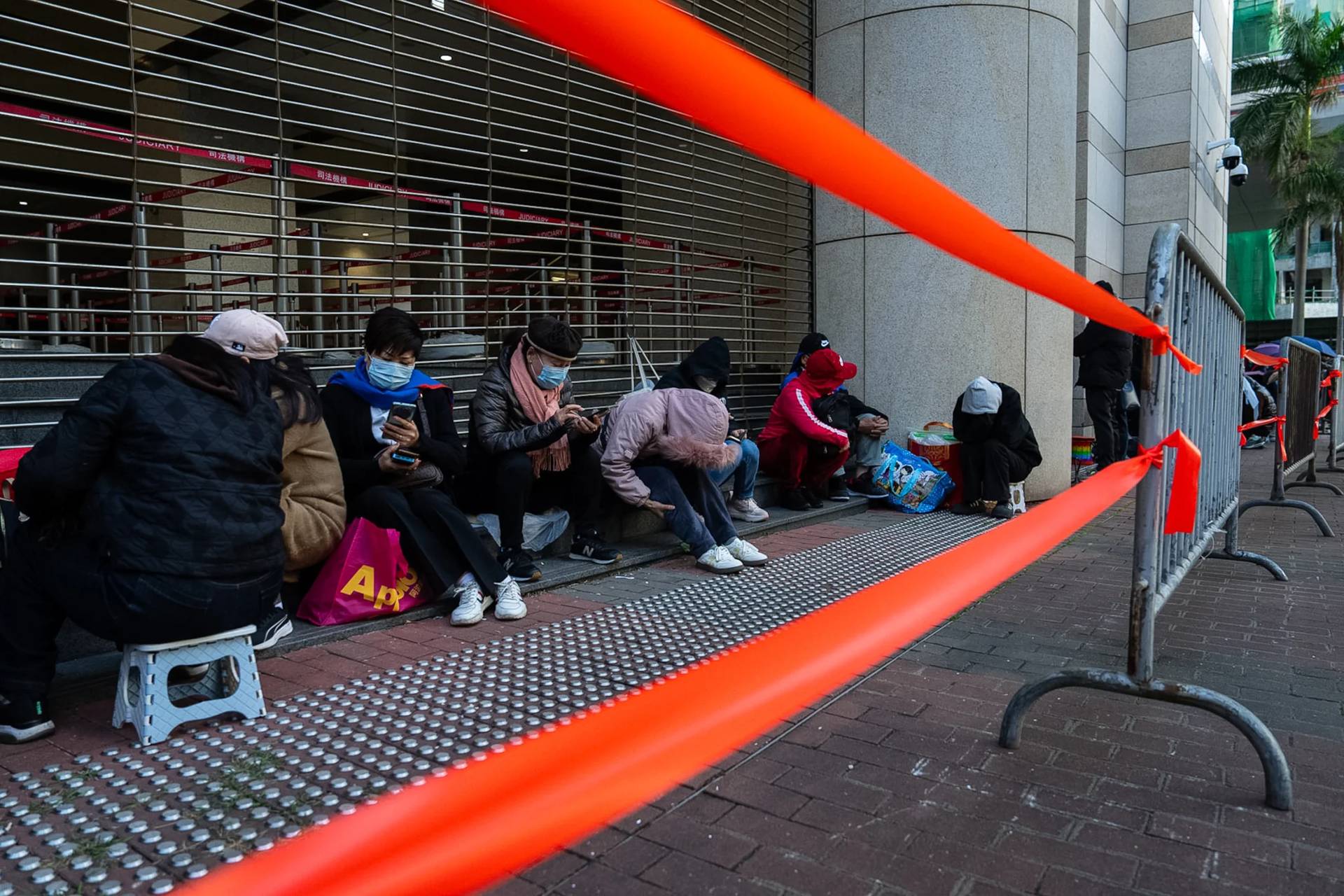A week after Pope Francis injected a bolt of energy into the environmental movement, Catholics of all stripes are trying to influence public opinion about Laudato Si’ and influence lawmakers to act.
Archbishop Thomas Wenski of Miami, chairman of the US bishops’ committee on domestic peace and justice, penned a letter to Congress asking lawmakers to adopt ambitious carbon limitations.
“Our Conference has long spoken out on the importance of prudent action to address the growing impact of global climate change,” Wenski wrote in a June 24 letter. “As government leaders, we ask you to resist any effort to impair the development of a national carbon standard and instead to support our nation’s ability to address this urgent global challenge confronting the human family.”
“The U.S. bishops stand united with the Holy Father in his call to protect creation,” he continued. Wenski pointed to another letter he and Bishop Richard Pates of Des Moines sent to the Environmental Protection Agency last summer expressing the Church’s support for “a national standard to reduce carbon pollution and recognize the important flexibility given to states in determining how best to meet these goals.”
Earlier this week, scores of Catholic and Evangelical leaders signed a full-page advertisement in Politico urging “elected officials to reflect on the pope’s words and recognize that climate change, poverty and extreme inequality – interconnected issues that can’t be understood in isolation – are defining challenges of our day.”
“Pope Francis has issued a bold call to action, and the clock is ticking on a challenge that requires a collective effort in service of the global common good,” the ad continues. “As citizens of the most powerful nation in human history, we have a unique responsibility to promote sustainable development, reduce our dependence on fossil fuels and build a thriving culture of life that protects human dignity.”
But not all Catholics are cheering Francis, particularly those who believe that open markets are the best way to lift people out of poverty.
Samuel Gregg, the director of research at the Acton Institute, penned an essay criticizing “the sheer overreach that plagues” Laudato Si’.
“Catholic clergy are perfectly entitled to hold and express their personal opinions about, say, air-conditioning, dams, plankton, or synthetic agrotoxins. When, however, an encyclical like ‘Laudato Si’—or formal statements issued by a Catholic bishop or Catholic bishops’ conferences—enters into discussion of the details of such topics, they seriously risk crowding out the laity from their proper sphere, or even subtly pressuring lay Catholics into adopting positions they have no obligation as Catholics to hold,” he wrote.
Nicholas Hahn, the editor of RealClearReligion, joined Gregg in his criticism of the pope.
“Francis blames markets and advances in technology without at least admitting that the Industrial Revolution lifted more people out of poverty than ever before,” he wrote. “Good Catholics can disagree on how to combat climate change and shouldn’t worry about being sent to the confessional if they drive a SUV.”
Will the lobbying and editorializing have an impact on policy makers one way or another? The Obama Administration is pushing increased regulations on coal burning power plants as well as stricter emissions standards for trucks. But there’s little appetite in Congress for sweeping changes in US energy regulations, a situation Catholic climate advocates hope the encyclical might change.
Stephen F. Schneck, who leads the Institute for Policy Research & Catholic Studies at the Catholic University of America, told Crux he anticipates that lawmakers will consider the pope’s message on the environment, and ultimately push for legislation in line with the encyclical.
“This is different than the normal letters that the USCCB sends over all the time on a variety of issues,” he said. “It really transcends the fault lines of both US politics and politics around the world.”
He predicted that members of Congress will begin to digest the encyclical just before the pope’s September address. “Something’s going to come out of this and it’s definitely going to have an impact on public policy in the US,” he said.
Others aren’t so sure the encyclical will be able to overcome partisan gridlock in Washington.
“Lawmakers think that Catholic Social Teaching and the teaching of the Holy Father has validity because as a Church our actions reflect the social good that we preach,” the Rev. Larry Snyder, who, as the former head of Catholic Charities USA, is familiar with lobbying lawmakers, told Crux. “However, Catholic teaching is one of many that they are presented with, so I am not sure that it is always decisive for them.”
Still, Snyder said the encyclical “has raised the level of seriousness of conversation on the topic of human and natural ecology.”
Kathy Saile, who led the US bishops’ office for domestic social justice for many years, told Crux that she doesn’t expect that the encyclical will directly impact legislation, but that it could help galvanize advocates and policy makers already in favor of adopting climate change measures.
“I don’t think it will spark a climate change bill, but someday when negotiations are happening on a bill or a treaty, these kinds of moral teachings could have an influence,” she said.
Even if phrases from Laudato Si’ don’t make their way into any laws, Saile said the encyclical, and the pope’s address to Congress, could nonetheless lead to important developments.
“Pope Francis’ tone, his honesty, how he talks about mercy and care for the poor, and his genuine desire to be a bridge,” could influence political culture in Washington, she said. “If he could change the tone of the debate, that would be an amazing gift.”














